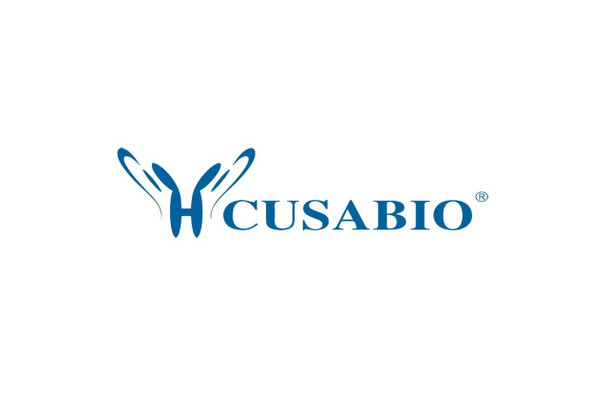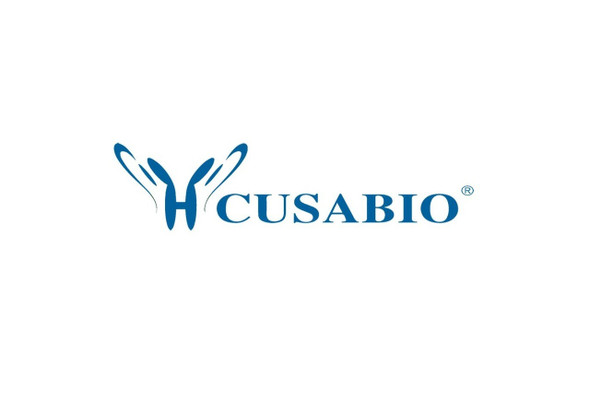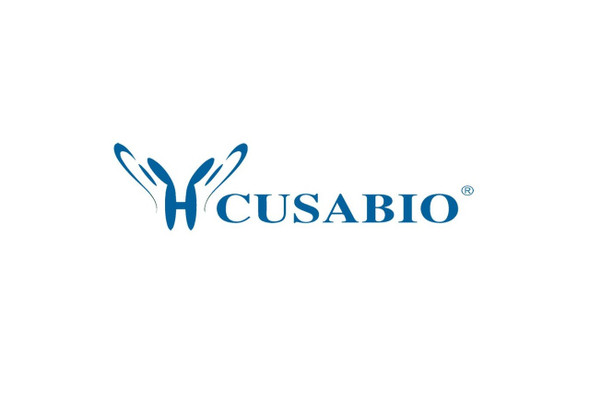Cusabio Human Recombinants
Recombinant Human Cis-aconitate decarboxylase (ACOD1) | CSB-EP011825HU
- SKU:
- CSB-EP011825HU
- Availability:
- 3 - 7 Working Days
Description
Recombinant Human Cis-aconitate decarboxylase (ACOD1) | CSB-EP011825HU | Cusabio
Alternative Name(s): Aconitate decarboxylase (Aconitate decarboxylase 1) (Cis-aconitic acid decarboxylase) (Immune-responsive gene 1 protein) (IRG1)
Gene Names: ACOD1
Research Areas: Others
Organism: Homo sapiens (Human)
AA Sequence: MMLKSITESFATAIHGLKVGHLTDRVIQRSKRMILDTLGAGFLGTTTEVFHIASQYSKIYSSNISSTVWGQPDIRLPPTYAAFVNGVAIHSMDFDDTWHPATHPSGAVLPVLTALAEALPRSPKFSGLDLLLAFNVGIEVQGRLLHFAKEANDMPKRFHPPSVVGTLGSAAAASKFLGLSSTKCREALAIAVSHAGAPMANAATQTKPLHIGNAAKHGIEAAFLAMLGLQGNKQVLDLEAGFGAFYANYSPKVLPSIASYSWLLDQQDVAFKRFPAHLSTHWVADAAASVRKHLVAERALLPTDYIKRIVLRIPNVQYVNRPFPVSEHEARHSFQYVACAMLLDGGITVPSFHECQINRPQVRELLSKVELEYPPDNLPSFNILYCEISVTLKDGATFTDRSDTFYGHWRKPLSQEDLEEKFRANASKMLSWDTVESLIKIVKNLEDLEDCSVLTTLLKGPSPPEVASNSPACNNSITNLS
Source: E.coli
Tag Info: N-terminal 6xHis-tagged
Expression Region: 1-481aa
Sequence Info: Full Length
MW: 58.6 kDa
Purity: Greater than 85% as determined by SDS-PAGE.
Relevance: Involved in the inhibition of the inflammatory response. Acts as a negative regulator of the Toll-like receptors-mediated inflammatory innate response by stimulating the tumor necrosis factor alpha-induced protein TNFAIP3 expression via reactive oxygen species in LPS-tolerized macrophages. Involved in antimicrobial response of innate immune cells; ACOD1-mediated itaconic acid production contributes to the antimicrobial activity of macrophages. Plays a role in the embryo implantation.
Reference: "Immune-responsive gene 1 protein links metabolism to immunity by catalyzing itaconic acid production." Michelucci A., Cordes T., Ghelfi J., Pailot A., Reiling N., Goldmann O., Binz T., Wegner A., Tallam A., Rausell A., Buttini M., Linster C.L., Medina E., Balling R., Hiller K. Proc. Natl. Acad. Sci. U.S.A. 110:7820-7825(2013)
Storage: The shelf life is related to many factors, storage state, buffer ingredients, storage temperature and the stability of the protein itself. Generally, the shelf life of liquid form is 6 months at -20?/-80?. The shelf life of lyophilized form is 12 months at -20?/-80?.
Notes: Repeated freezing and thawing is not recommended. Store working aliquots at 4? for up to one week.
Function:
Involvement in disease:
Subcellular Location:
Protein Families:
Tissue Specificity:
Paythway:
Form: Liquid or Lyophilized powder
Buffer: If the delivery form is liquid, the default storage buffer is Tris/PBS-based buffer, 5%-50% glycerol. If the delivery form is lyophilized powder, the buffer before lyophilization is Tris/PBS-based buffer, 6% Trehalose, pH 8.0.
Reconstitution: We recommend that this vial be briefly centrifuged prior to opening to bring the contents to the bottom. Please reconstitute protein in deionized sterile water to a concentration of 0.1-1.0 mg/mL.We recommend to add 5-50% of glycerol (final concentration) and aliquot for long-term storage at -20?/-80?. Our default final concentration of glycerol is 50%. Customers could use it as reference.
Uniprot ID: A6NK06
HGNC Database Link: N/A
UniGene Database Link: N/A
KEGG Database Link: N/A
STRING Database Link: N/A
OMIM Database Link: N/A







